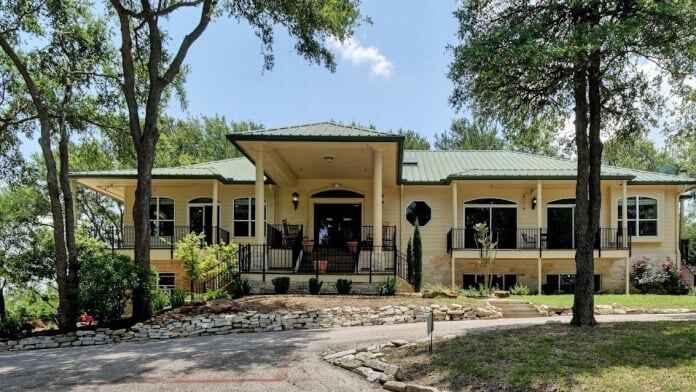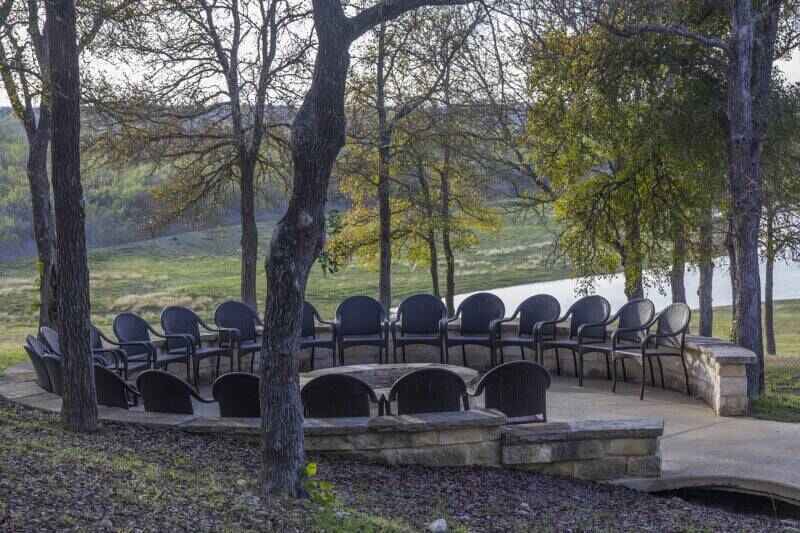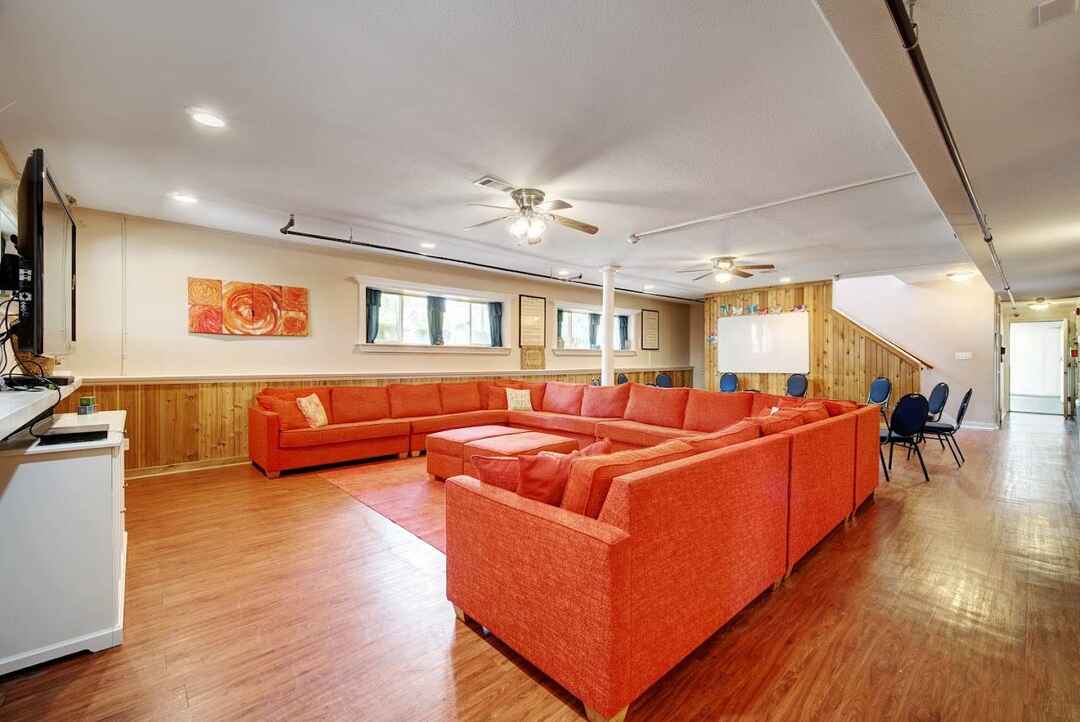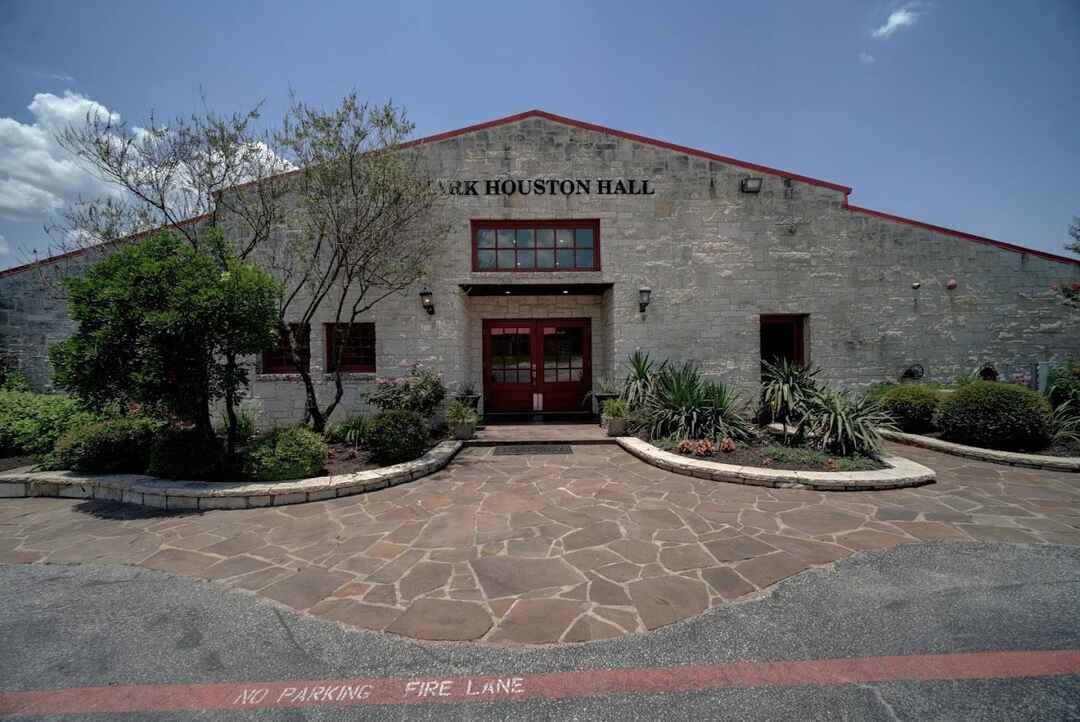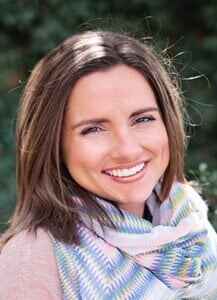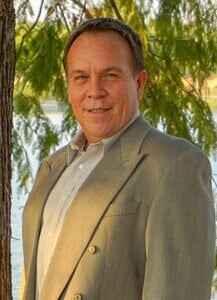About BRC Benchmark Recovery Center – Manor
BRC Benchmark Recovery Center is a residential treatment facility in Manor, Texas. They provide co-occurring disorder and substance abuse treatment in a supportive, environment. Adults benefit from an immersive treatment experience with evidence-based interventions, holistic care, family counseling, and more.
